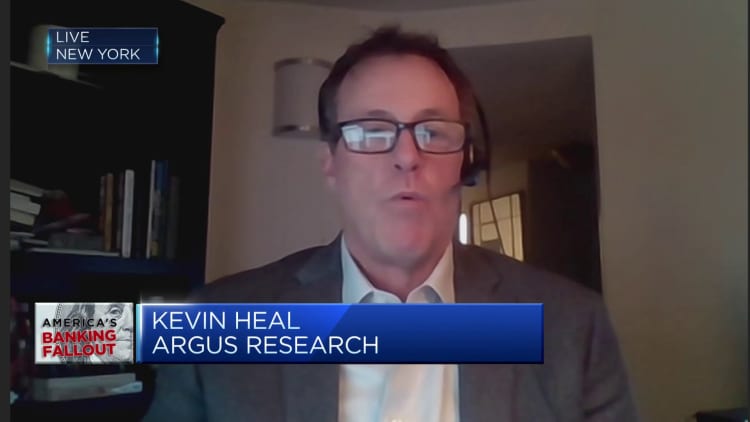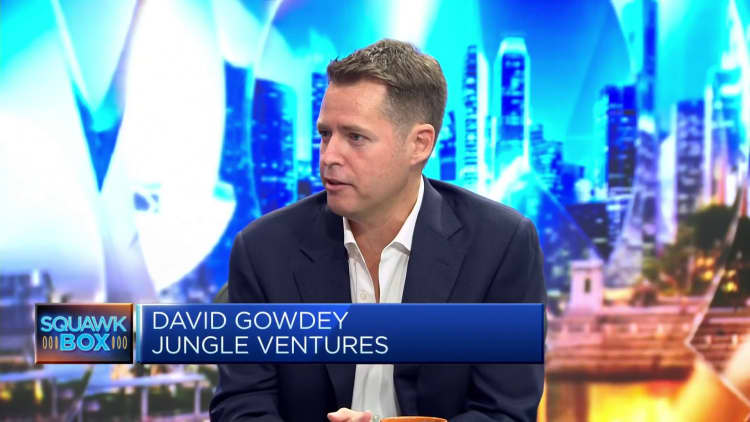Asia-Pacific markets largely rose on Wednesday after bank stocks on Wall Street rebounded on optimism of contagion risks from Silicon Valley Bank being contained. The U.S. inflation print for February was in line with expectations at annualized 6% rise.
Hong Kong's Hang Seng index rose 1.62%, leading gains in the region, and the Hang Seng Tech index jumped 2.33%.
South Korea's Kospi rose 1.31% to end the day at 2,379.72, and the Kosdaq saw gains of 3.05% to close at 781.17 as the country's unemployment rate slightly fell month-on-month in February.
In mainland China, the Shanghai Composite inched up 0.55% to close at 3,263.31 and the Shenzhen Component fell marginally to end at 11,413.43 as investors further digested economic data out of China. The People's Bank of China kept its medium-term lending facility loan rates unchanged at 2.75%.
In Japan, the Nikkei 225 was flat after paring earlier gains led by banks and financials, closing at 27,229.48. The Topix rose 0.65% to end at 1,960.12. In Australia, the S&P/ASX 200 rose 0.86% to close at 7,068.9.
Overnight in the US, the Dow Jones Industrial Average snapped a five-day losing streak to end 1.06% higher, while the S&P 500 added 1.65% and the Nasdaq Composite climbed 2.14%.
— CNBC's Alex Harring and Sarah Min contributed to this report.




